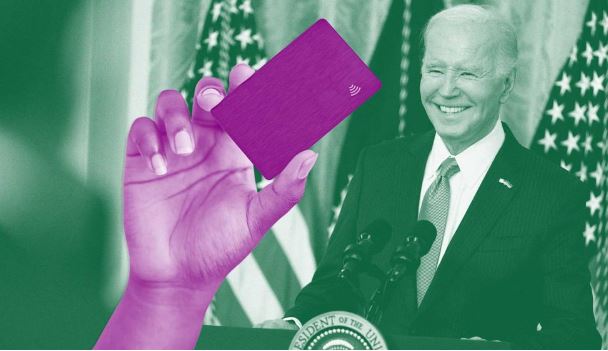Biden Administration Proposes Cap on Credit Card Late Fees to $8

In a bold move aimed at providing relief to consumers, the Biden administration has proposed a new rule that would significantly limit credit card late fees, capping them at a maximum of $8. This initiative marks a drastic reduction from the current average fee of $30, addressing concerns over the financial burden imposed on cardholders for late payments.
The proposal, put forth by the Consumer Financial Protection Bureau (CFPB), targets what it identifies as excessive and disproportionate penalties that disproportionately impact consumers who are already struggling financially. By reducing these fees, the administration aims to ease the financial stress on millions of Americans, especially those hit hardest by economic uncertainties.
This regulatory shift is part of a broader effort by the Biden administration to increase fairness in banking and lending practices, ensuring that consumers are protected from fees and penalties that can exacerbate financial difficulties. The move is expected to save consumers billions of dollars annually in late fees, providing much-needed economic relief and helping to avoid the debt traps that can result from high penalty charges.
The proposal has sparked a debate between consumer advocacy groups, who have long campaigned for such reforms, and the banking industry, which argues that late fees serve as an important incentive for consumers to make payments on time. Critics from the financial sector caution that the cap could lead to unintended consequences, including tighter credit conditions and higher costs for consumers in other areas.
As the CFPB prepares to finalize the rule following a period of public comment, the potential impacts of this cap on the credit card industry and consumer behavior will be closely watched. Supporters of the proposal see it as a significant step toward more equitable financial practices, emphasizing the importance of protecting consumers from fees that can derail their financial stability.
This initiative reflects the administration’s commitment to financial reform and consumer protection, signaling a shift towards policies that prioritize the economic well-being of American families. As discussions unfold, the proposed cap on late fees will undoubtedly remain a key topic in the debate over how best to balance the interests of consumers and the financial industry.




